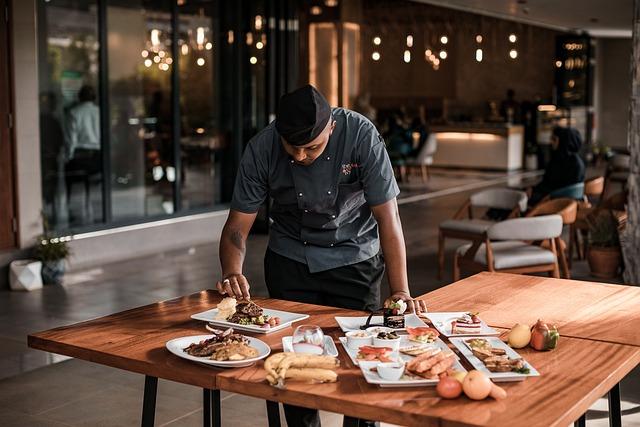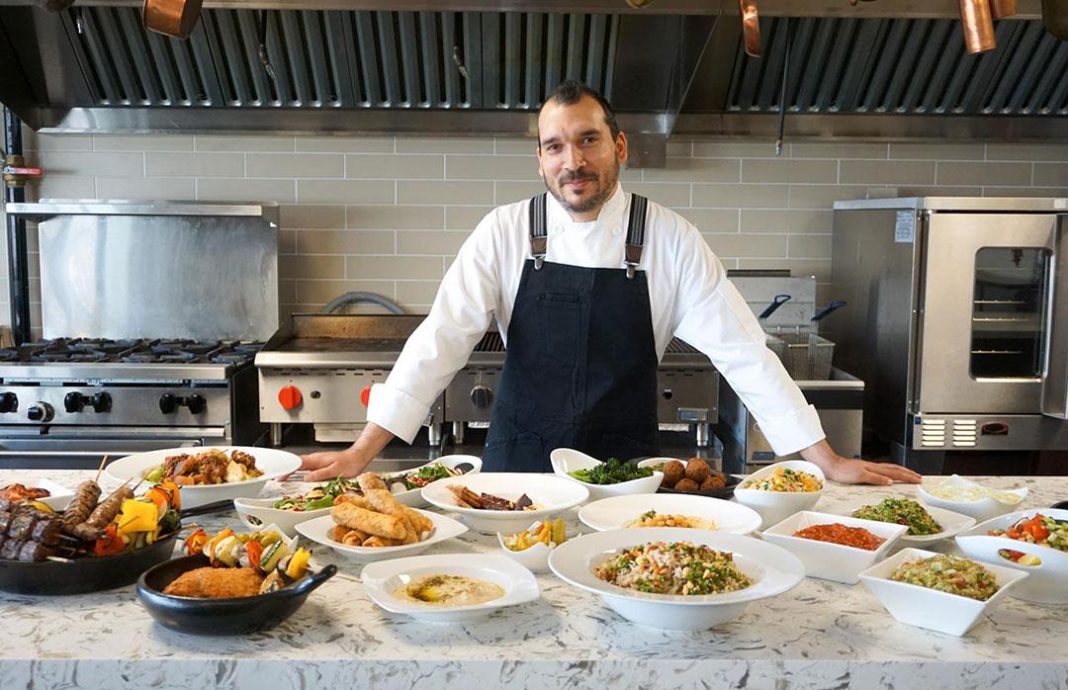In recent years, the rise of private chef services has redefined the landscape of home dining, offering unparalleled convenience and culinary expertise to those who can afford it. However, this burgeoning trend raises important questions about its impact on family dynamics and the traditional rituals of meal preparation. As families increasingly outsource their kitchen duties, the age-old practice of cooking together, a cornerstone of familial bonding and cultural transmission, faces potential erosion. This article delves into the implications of this shift, examining how the convenience of private chef services might inadvertently contribute to a disconnect from the shared experiences and values traditionally fostered through family meal preparation. Through an analytical lens, we will explore the complex interplay between modern lifestyle choices and the enduring significance of family meals, questioning whether convenience comes at the cost of connection.
Impact of Private Chef Services on Family Bonding Dynamics
The introduction of private chef services into family life has reshaped traditional meal preparation, sparking an intriguing shift in family dynamics. While these services promise convenience and gourmet experiences, they inadvertently alter the age-old ritual of cooking together—a cornerstone of familial bonding. When a professional chef takes over the kitchen, family members may find themselves missing out on shared experiences that cooking together provides, such as experimenting with recipes, learning from each other, and sharing stories over simmering pots.
This shift can be observed in several aspects:
- Loss of Shared Responsibilities: Preparing a meal traditionally involves dividing tasks among family members, fostering teamwork and communication. With a private chef, this opportunity for collaboration is minimized.
- Reduced Family Interaction: Meal preparation often serves as a time for family members to catch up and connect. The absence of this interaction can lead to a subtle disconnect over time.
- Missed Learning Opportunities: Cooking together provides a platform for teaching and learning essential life skills, from budgeting to nutrition, which are less emphasized when a professional handles meal preparation.

Shifting Roles in Household Culinary Practices
In recent years, the emergence of private chef services has sparked a noticeable shift in how families engage with meal preparation at home. While the convenience of having a professional handle culinary duties cannot be understated, this trend may inadvertently lead to a detachment from traditional family cooking practices. The art of cooking, once a shared family endeavor, is being transformed into a service-oriented activity, potentially eroding the communal and educational experiences that kitchen interactions traditionally offered.
- Loss of Culinary Skills: With professional chefs taking the helm, family members may miss out on acquiring essential cooking skills.
- Decreased Family Interaction: The kitchen, often considered the heart of the home, may lose its status as a gathering spot where family bonds are strengthened.
- Reduced Cultural Transmission: Traditional recipes and cooking techniques, often passed down through generations, may be sidelined.
The convenience of private chef services undeniably enhances lifestyle flexibility, but it also prompts a critical examination of how these changes impact familial roles and relationships in the culinary realm. Balancing modern conveniences with the cherished rituals of home cooking could be key to preserving the essence of family meal preparation.
The Consequences of Outsourcing Meal Preparation on Family Cohesion
The increasing trend of employing private chef services in households has sparked a shift in the dynamics of family interactions. While the convenience of professionally prepared meals is undeniable, it inadvertently removes a significant element of family bonding. Shared meal preparation, once a staple of family cohesion, offers a unique opportunity for family members to engage in meaningful conversations, share responsibilities, and learn from one another. The absence of this communal activity can lead to a subtle, yet profound, disconnect among family members, as they miss out on the ritualistic aspect of creating and enjoying meals together.
- Loss of Tradition: Cooking together often involves passing down recipes and traditions, which can be lost when meals are outsourced.
- Reduced Communication: The kitchen, once a hub for conversation, becomes less frequented, leading to fewer opportunities for interaction.
- Limited Skill Development: Family members, especially children, may miss out on learning essential cooking skills and the value of teamwork.
While the allure of having a private chef is appealing, it’s essential to weigh these consequences against the benefits. Families may find it beneficial to strike a balance, perhaps by designating specific days for communal cooking, thus maintaining the cherished tradition of shared meal preparation while enjoying the occasional luxury of a professionally cooked meal.

Strategies to Reintegrate Family Participation in Meal Preparation
In an era where private chef services have become a symbol of convenience, it’s crucial to rekindle the tradition of family meal preparation. Encouraging family participation in cooking can start with simplifying recipes to make them more accessible for all ages. Opt for meals that require minimal ingredients and steps, ensuring that everyone from children to grandparents can contribute. Additionally, designate specific tasks for each family member based on their skills and interests. This not only enhances involvement but also nurtures a sense of ownership and pride in the meal.
Another effective strategy is to incorporate themed cooking nights, where each family member takes turns selecting a theme or cuisine. This can spark creativity and enthusiasm, making the process enjoyable rather than a chore. Furthermore, consider setting up a weekly family meal planning session. This collaborative approach allows everyone to voice their preferences, ensuring that meals cater to diverse tastes and dietary needs. By integrating these strategies, families can transform meal preparation from a solitary task into a shared experience that fosters connection and collaboration.



